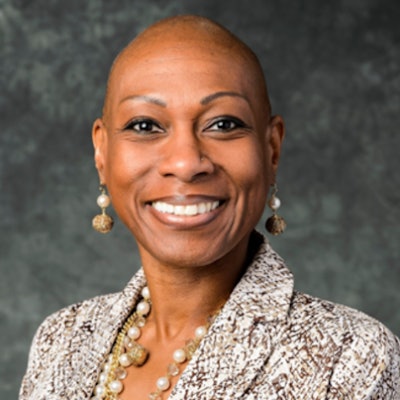Dr. Antoinette “Bonnie” Candia-Bailey's suicide on Jan. 8, has sparked a national conversation for higher education to dramatically improve its treatment of Black women.  Dr. Antoinette “Bonnie” Candia-BaileyLincoln University
Dr. Antoinette “Bonnie” Candia-BaileyLincoln University
In an email sent on the day of her death, Candia-Bailey, who served as vice president of student affairs at Lincoln University in Missouri, a historically Black university, accused Dr. John Moseley, the university's president, of harassment and bullying.
“You had no intention of retaining me as the (vice president of student affairs),” she wrote in the email. “It went downhill after the [Family and Medical Leave Act and the Americans with Disabilities Act] documents were submitted due to my severe depression and anxiety. I requested to be removed under your leadership and from (the president’s advisory council) as this was causing significant attacks. This is all documented and emails sent.”
She also noted in the email about receiving a poor professional evaluation from Moseley.
In the days following her suicide, Moseley went on paid administrative leave while the school hired a a third party to review “potential personnel issues and concerns.” Students have protested, and some have called for Moseley, who is white, to be fired.
On Jan. 9, Dr. Sherman Bonds, president of Lincoln’s National Alumni Association, wrote to Victor Pasley, president of Lincoln’s Board of Curators, asking for a change in leadership.
"The ineffective leadership Dr. Moseley has demonstrated through his tenure, particularly in this situation with the lack of support alleged by Dr. [Candia-Bailey] and her death, impacts the institution's health, and that in itself, calls for a change in order for the mass group of people impacted to heal – students, faculty, and alumni,” said Bonds, in an interview with Diverse.




















